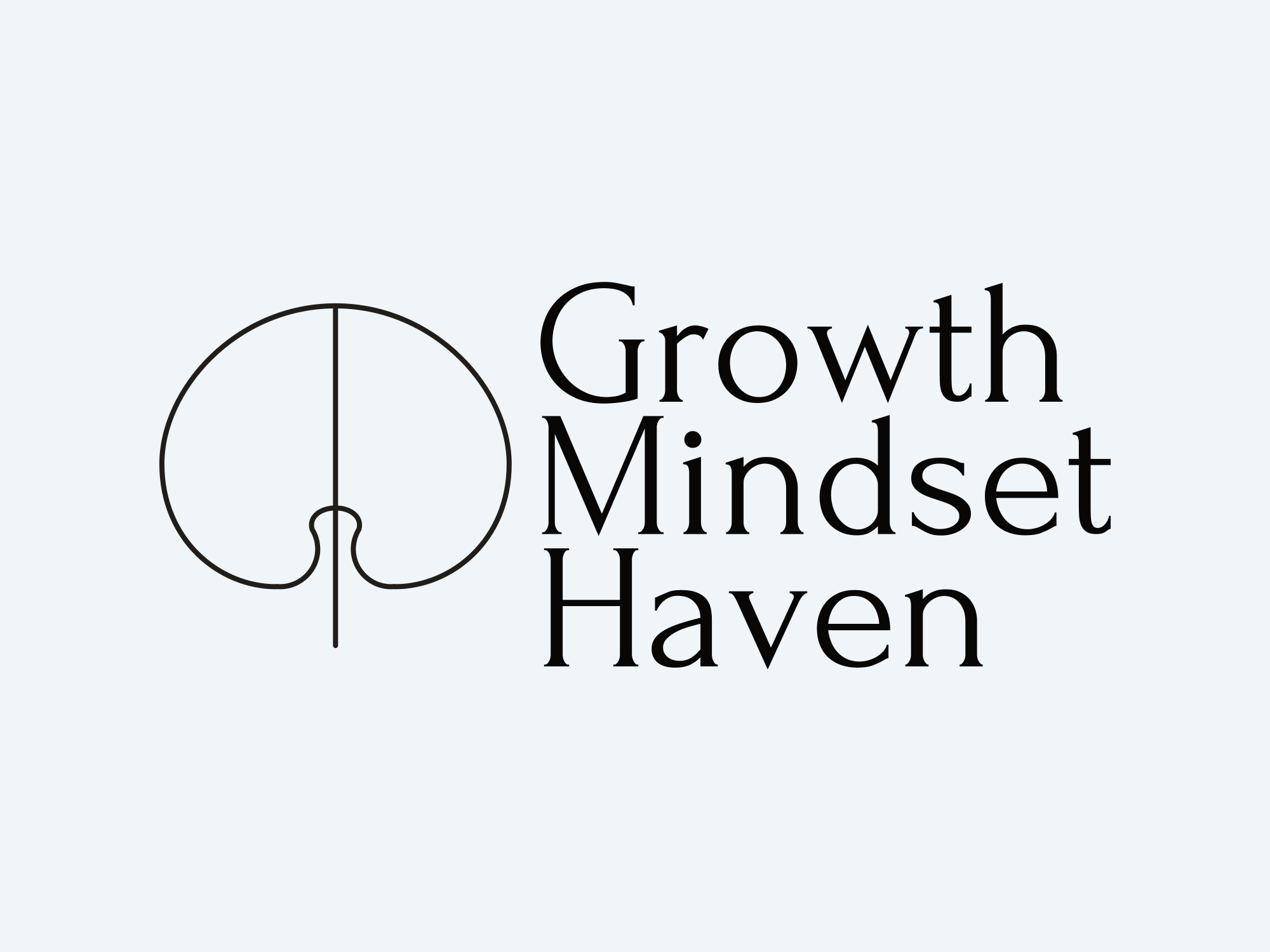Failure is often seen as a mark of inadequacy, a stumbling block on the road to success. However, when viewed through the lens of a growth mindset, failure transforms from a source of shame into a powerful catalyst for progress. Here, we will learn how reframing failure can empower us to learn, innovate, and ultimately grow.
At its core, failure is simply the result of an attempt that didn’t go as planned. In a fixed mindset, failure is a sign of inherent limitations. In contrast, a growth mindset sees failure as a natural part of the learning process—an opportunity to reflect, adjust, and improve. Embracing this perspective means understanding that every setback is not an endpoint, but rather a stepping stone towards mastery and success.
Despite this positive potential, many people are conditioned to view failure negatively. From early education to professional environments, societal pressures can instill a fear of failure that stifles creativity and risk-taking. This fear often leads us to play it safe, missing out on valuable opportunities to experiment and innovate. Yet, history is replete with examples of individuals who, by learning from their failures, have gone on to achieve remarkable success. Their stories serve as powerful reminders that failure is not the enemy but an essential ingredient for growth.
Reframing failure requires a conscious shift in perspective. One effective strategy is to treat each failure as a feedback mechanism. Reflective practices, such as journaling, can help us identify what went wrong and how to improve. Seeking honest feedback from mentors, peers, or even through self-assessment allows us to pinpoint areas for growth. Importantly, maintaining self-compassion during these times is crucial; acknowledging that setbacks are a normal part of the journey prevents us from falling into the trap of self-criticism.
Resilience—the ability to bounce back from adversity—is another key aspect of embracing failure. Resilient individuals view setbacks as temporary and surmountable. They recognize that every failure carries a lesson, and they use these lessons to build a stronger foundation for future attempts. By adopting a proactive approach to learning from mistakes, we not only improve our skills but also cultivate the courage to take risks and push beyond our comfort zones.
Real-life examples abound that illustrate the transformative power of embracing failure. Entrepreneurs like Steve Jobs and J.K. Rowling experienced significant setbacks before achieving monumental success. Their journeys remind us that the path to greatness is rarely linear. Instead, it is marked by challenges that, when met with the right mindset, become opportunities for growth and innovation.
In conclusion, embracing failure is not about celebrating mistakes; it is about recognizing that each misstep is a crucial part of the journey toward success. By shifting our perspective to view failure as a learning opportunity, we empower ourselves to take risks, innovate, and ultimately grow both personally and professionally. Let us welcome failure as a necessary companion on our path to greatness, knowing that every setback is simply a stepping stone towards a brighter, more resilient future.


